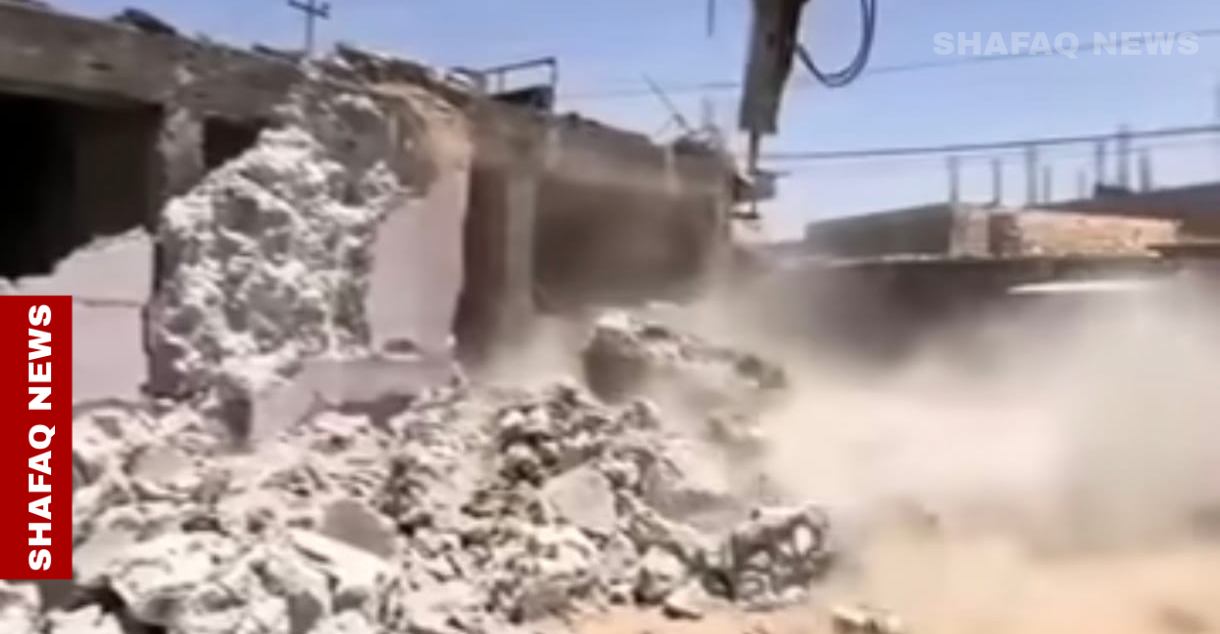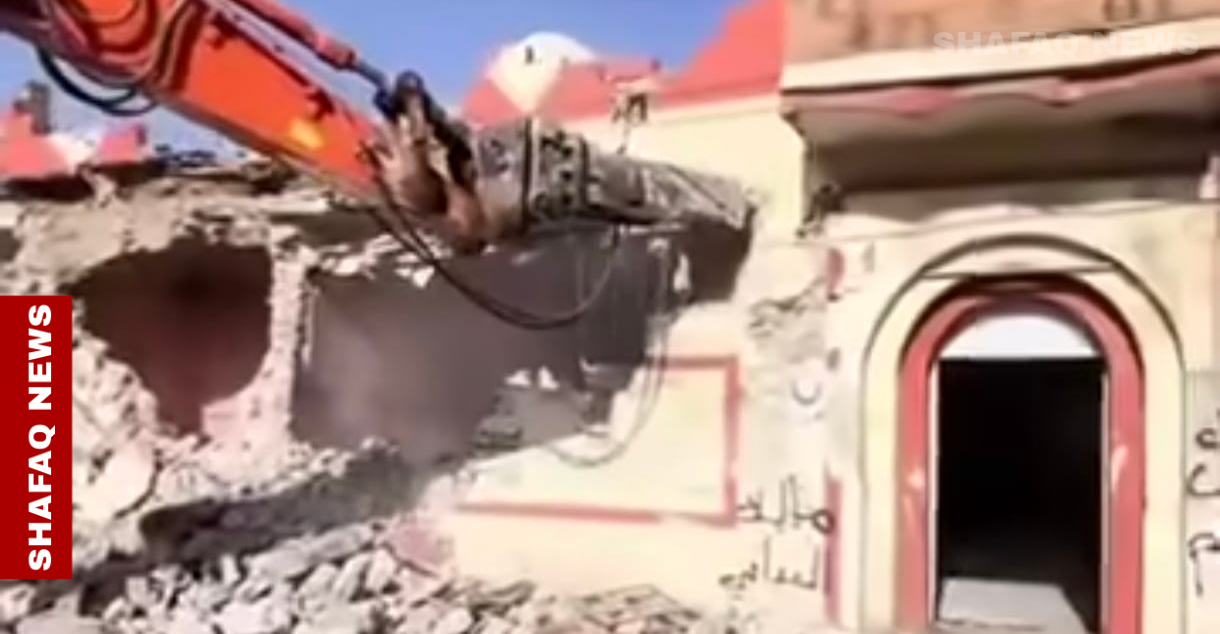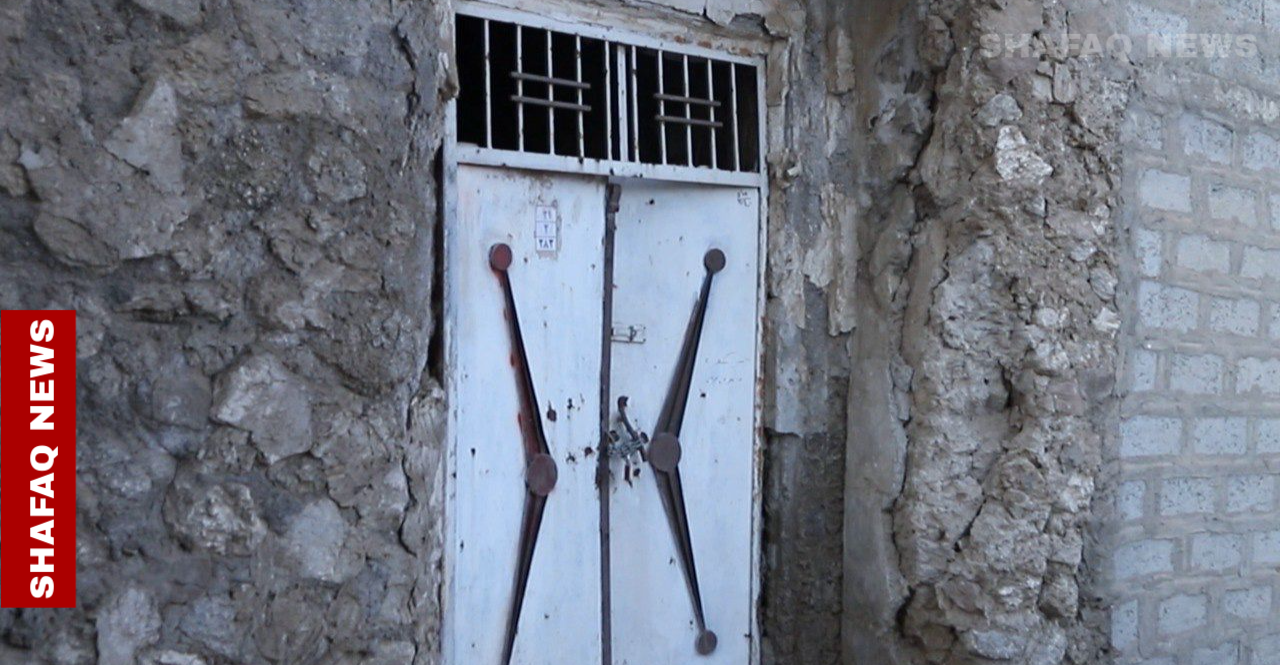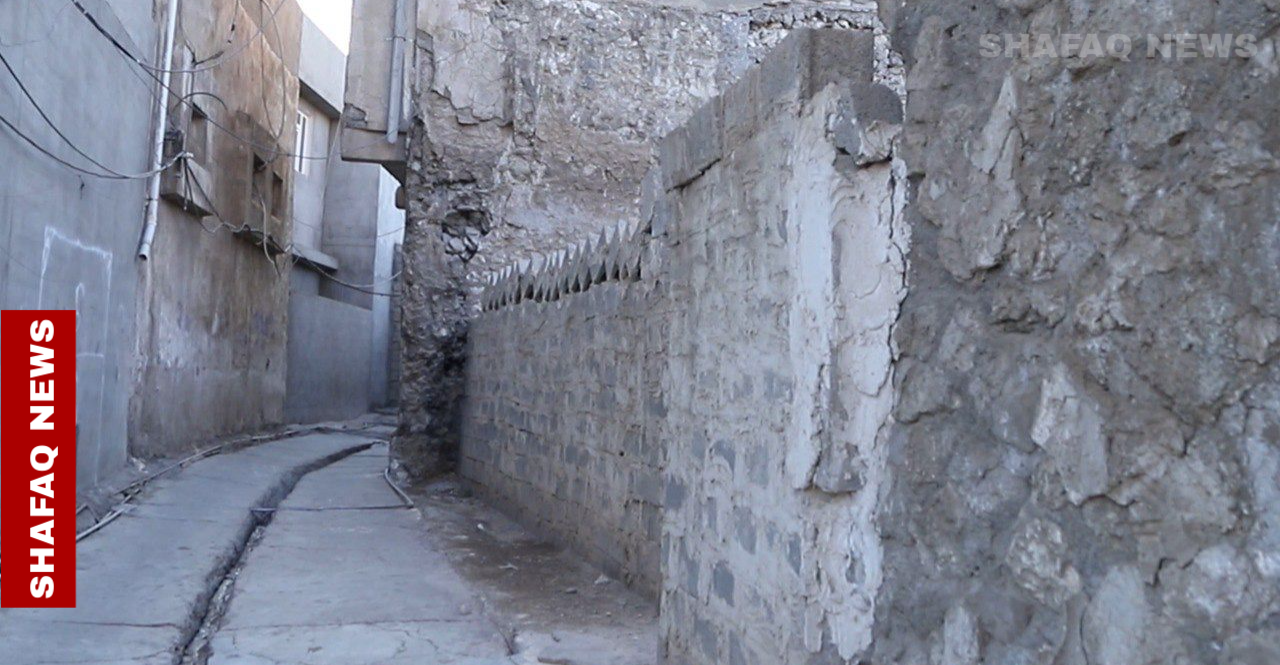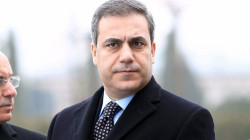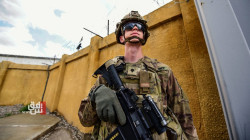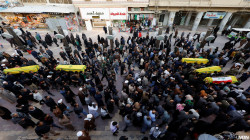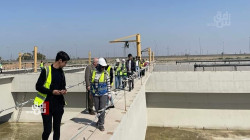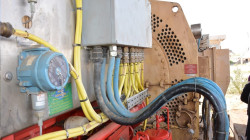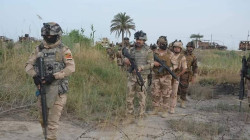Fading Steam: Kirkuk’s hammams struggle for survival
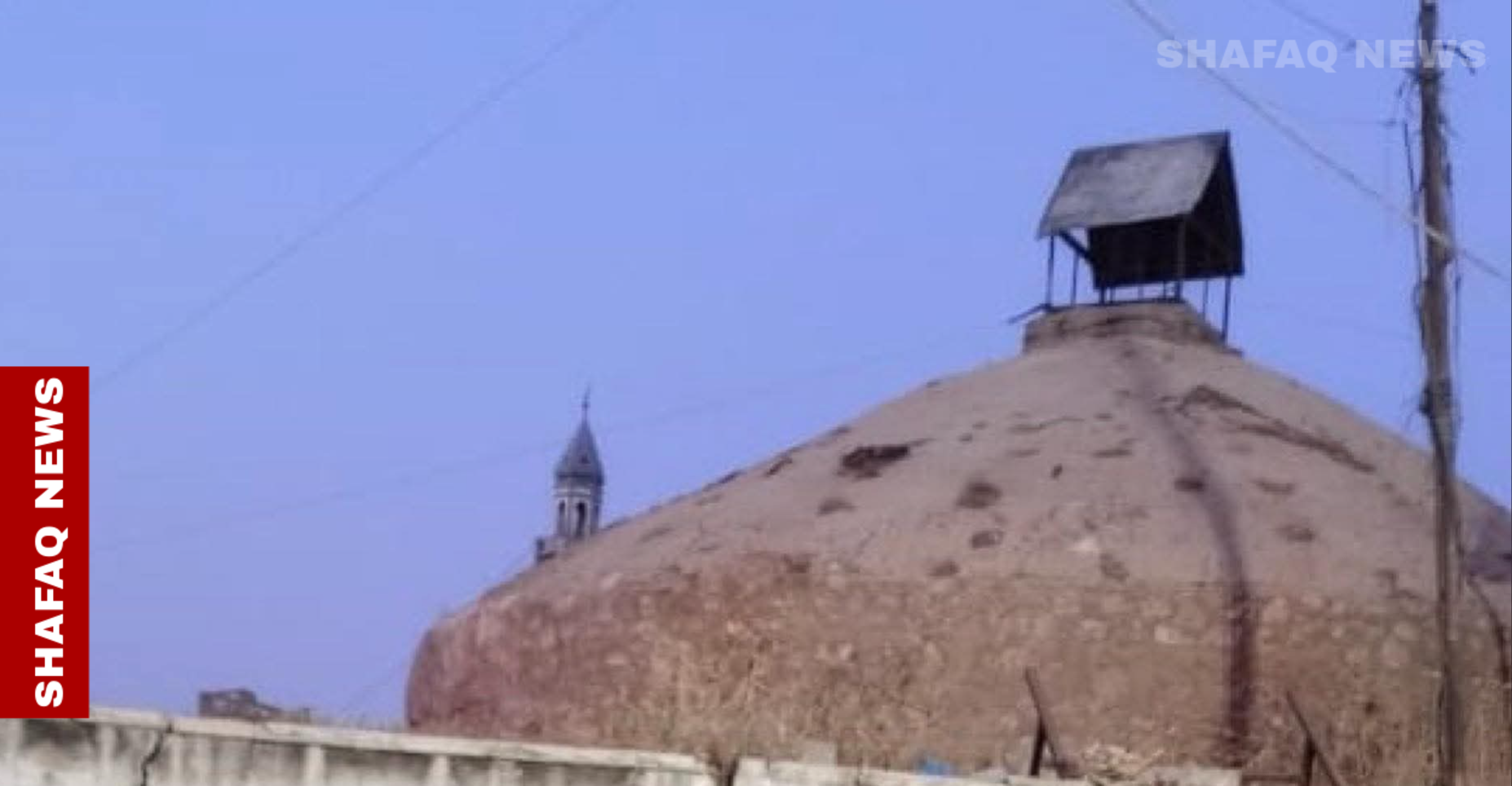
Shafaq News/ In the historic Rahim Awa neighborhood of Kirkuk, Hammam Dada Hamdi stands as a fading relic of a communal past. Built in the 1940s by the Kittana family, the bathhouse once buzzed with laughter, heated conversations, and the gentle rhythm of wooden clogs on wet marble.
Today, the only sounds that travel through its arched corridors are leaking pipes and wind brushing past broken glass. The hammam has been closed for years. Its owner, Mohammed Kittana, now wants to sell it.
“Everything has changed,” explained Kittana to Shafaq News, pointing at the cracked tiles and peeling paint. “There’s no water, no clients, and no support from the government. What else can I do?”
The story of Hammam Dada Hamdi mirrors a quiet but profound shift in Kirkuk, where communal bathhouses are slipping into memory. These were more than places to wash; they were spaces where friendships formed, disputes dissolved, and generations mingled. Now, many of them are abandoned, sold off, or repurposed.
While many hammams have vanished—converted into shops, erased for parking lots, or swallowed by redevelopment—some still hang on. A handful remain open, defying the odds.
Locals remember Hammam Al-Saraya, once located near the Grand Mosque. “They demolished it and built a parking lot,” recalled Ahmed Qader, a retired teacher. Another, Hammam Haji Jamil, was shuttered and turned into a commercial store. Hammam al-Idari, which stood proudly near the administrative district, was turned into a fire station. Hammam al-Agha, built during the Ottoman era in the citadel, collapsed completely after years of neglect.
Guardians of a Fading Legacy
Yet, a few endure. Hammam al-Saa’a, located in the old Al-Qaysariyah marketplace, still opens its doors to regulars. Hammam al-Hilal, which dates back over 150 years, has survived wars, economic crises, and political instability. But even these surviving hammams face growing challenges. Their owners speak of mounting maintenance costs, unreliable water supplies, and dwindling interest among younger generations.
Abbas al-Bayati, a native of Kirkuk now living in Erbil, still returns to his hometown from time to time. His favorite spot? Tokat Hammam, near the Al-Qaysariyah market. “I go there when I can,” he shared with our Agency. “It reminds me of my father, my uncles, my childhood. It’s not just about bathing; it’s about reconnecting.”
Karim Hammamji, who has worked in Tokat Hammam for over 50 years, offered a warm smile while recalling the old days. “We used to have queues. Weddings, Eid, and Thursdays—we would work nonstop. The hammam was like a second home for many.” He still lights the fire, heats the water, and tends to customers, though far fewer now than before.
The Silent Witnesses of Time
Many of Kirkuk’s hammams were built in the Ottoman style, with domed roofs and intricate water systems. Their architecture was designed to preserve heat in winter and coolness in summer. Inside, marble slabs and mosaic tiles hinted at a time when even modest public spaces were crafted with elegance.
“These places are cultural treasures,” explained Ahmed al-Taie, a historian at the University of Kirkuk. “But we treat them like junk.”
According to al-Taie, Kirkuk once had over 30 hammams. Today, fewer than ten remain operational. “We are losing more than buildings,” he reflected. “We are losing rituals, stories, habits passed down through centuries.”
Why It Still Matters
Owners often bear the costs alone. The government provides no subsidies, nor does it list most of these structures as protected heritage sites. Without recognition or resources, many are forced to close. “They want us to survive, but on what?” asked Hammoudi Jassem, an elderly owner in the Al-Qaysariyah district. “Love and steam?”
Shafaq News reached out to local officials, who acknowledged the problem but cited budget constraints and competing priorities. “We understand the value,” explained Ali Mahdi, a municipal officer. “But we also have housing, roads, and water infrastructure to worry about.”
Yet, many believe that preserving Kirkuk’s bathhouses is not a luxury but a necessity. “A city that forgets its shared spaces forgets how to live together,” al-Taie reflected.
